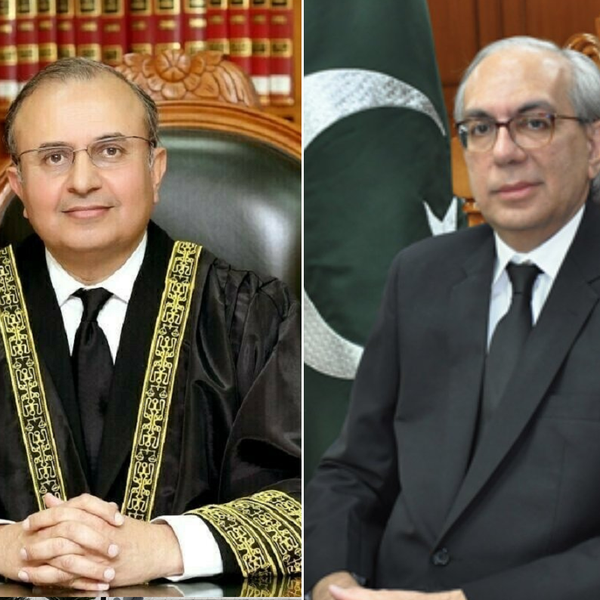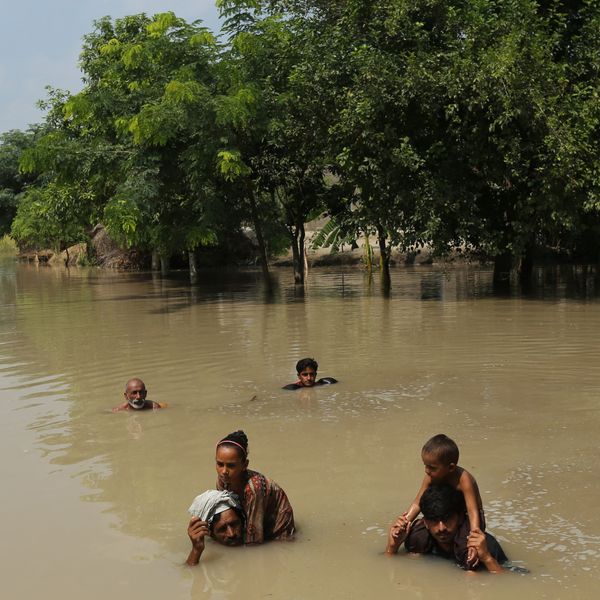Business council urges urgent policy reforms as Pakistan exports become uncompetitive
Rising costs, unstable supply & policy gaps threaten competitiveness as U.S. tariff shifts add pressure
Business Desk
The Business Desk tracks economic trends, market movements, and business developments, offering analysis of both local and global financial news.

The Pakistan Business Council (PBC), country’s top business policy advocacy group, has warned that rising energy costs and unreliable supply are threatening the country’s industrial competitiveness—particularly its exports.
In separate letters to Minister of Planning Ahsan Iqbal and Advisor to PM Humayun Akhter Khan, industry leaders stress the need for stable, regionally competitive energy prices, as manufacturers struggle with expensive grid connections and inconsistent utilities.
Compounding the pressure, recently imposed penal rates on gas supply to captive power units far exceed the declining cost of imported gas and the subsidized rates enjoyed by competitor nations.
Adding to the uncertainty, U.S. customers are demanding discounts following reciprocal tariff announcements, raising concerns that thin margins could make exports to America unsustainable.
PBC is the country’s pre-eminent business advocacy body supported by over a hundred prominent local and multinational companies which together generate 40% of exports, contribute a third of direct taxes and employ millions in their extended value chains.
PBC also offered to collaborate with the Ministry of Industries to develop an industrial policy, which should align with fiscal, trade and investment policies, and identify sectors with a comparative advantage, ensuring targeted policies and resource allocation.
High tax burden
Pakistan’s formal sector faces the region’s highest tax burden, with exporters taxed at twice the rate of those in Bangladesh.
Advance tax drains cash flow, as refunds take 18 months or longer. There is also talk of imposing GST on import of inputs by exporters under the Export Facilitation Scheme (EFS).
“Instead, we believe that the restoration of zero-rating for GST on supplies to exporters of local inputs by domestic industry – i.e. the position that applied before the last Federal Budget, would be more appropriate to create a level playing field under EFS,” PBC letter noted.
“We also recommend more frequent audit of usage to prevent misuse of imported inputs. However, restricting imports of inputs required by exporters is not wise.”
Heavy taxation on industry and salaried workers discourages foreign direct investment (FDI), while brain drain depletes skilled labor.
Phasing out the super tax, revising tax slabs and gradually reducing the corporate tax rate to 25% would help.
Fiscal policy should also reward high-growth exporters, new exporters and those reducing import reliance.
“Eliminating multiple taxes on inter-corporate dividends and encouraging stock exchange listings would improve governance and broaden investment. “
Afghan transit trade reforms
PBC apprised the misuse of the Afghan transit trade could be curbed by imposing quantity and quality limits based on Afghanistan’s needs.
“A 5% infrastructure tax should be considered, and transit should be restricted to Afghan importers registered for sales tax. Shipment details should be shared with Afghan authorities. Ideally, Pakistan’s import duties and GST should be collected at entry and transferred to Afghanistan upon exit,” PBC proposed.
Tariff reductions
Reduction in import duties is under consideration by the Ministry of Commerce to meet the asks of multilateral organizations and to incentivize import substitution industry to become more competitive, enhance value to local consumers and provide inputs to SMEs to support exports.
“Ministry of Commerce should work with the private sector and the Ministries of Planning, Industry, Power, Petroleum and Finance, in a holistic way rather than taking a silo approach to reduction of tariffs. It also needs to study the impact on individual sectors rather than aiming for an average reduction”.
Business council mentioned in the letter several industries have idle capacity that, with proper policy support, could expand without new investment or increased imports, boosting jobs and tax revenue.
“Sharp rupee fluctuations hurt investment. Gradual, frequent rate adjustments would strengthen confidence,” the letter suggested.
Karachi, Pakistan’s economic hub, suffers from poor infrastructure. While provincial authorities bear primary responsibility, the federal government must support growth and employment drivers.
The government’s plan to unlock dead assets through public-private partnerships is welcome, and private sector collaboration on talent development for the knowledge economy is assured.
Industrial incentives in the former Federally Administered Tribal Areas (FATA) and Provincially Administered Tribal Areas (PATA) are being exploited, undercutting businesses elsewhere in Pakistan.










Comments
See what people are discussing